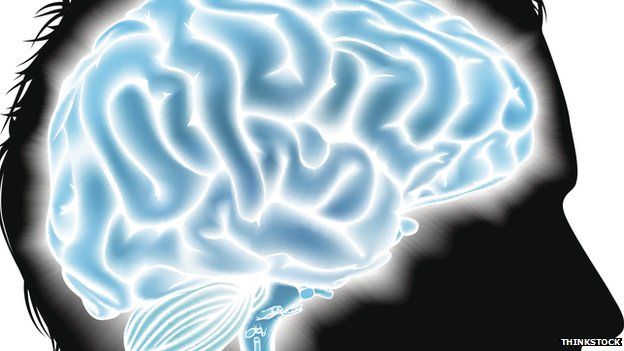Brain game 'improves lives of schizophrenia patients'
- Published
- comments

A computer-based brain-training game could improve the daily lives of people with schizophrenia, say University of Cambridge researchers.
Tests on a small number of patients who played the game over four weeks found improvements in memory and learning.
This could help people to get back to work or studying after a diagnosis.
Schizophrenia is a mental health condition that causes a range of psychological symptoms, from behaviour changes to hallucinations.
Many patients also experience cognition problems, which affect their memory and ability to function independently.
Designed and developed by researchers at Cambridge with the help of patients, the brain-training game has a wizard theme with various levels of difficulty.
It asks players to enter rooms, find items in boxes and remember where they put them, testing their so-called episodic memory.
Better-equipped
Prof Barbara Sahakian, from the department of psychiatry at the University of Cambridge and who researched the impact of the game, said patients who played it made significantly fewer errors in tests afterwards on their memory and brain functioning.
She said this was an indication that they were better prepared to function in the real world.
Prof Sahakian said treating the cognitive symptoms of schizophrenia was important, but slow progress was being made towards developing a drug treatment.
She added that the memory game could help where drugs had so far failed - with no side-effects.
"Because the game is interesting, even those patients with a general lack of motivation are spurred on to continue the training."
The game is available as an app that anyone can play.
Although the results are promising, the research team said more research was needed on larger groups of patients to confirm the findings.
The researchers added that any memory training games had to be used in conjunction with medication and psychological therapies.